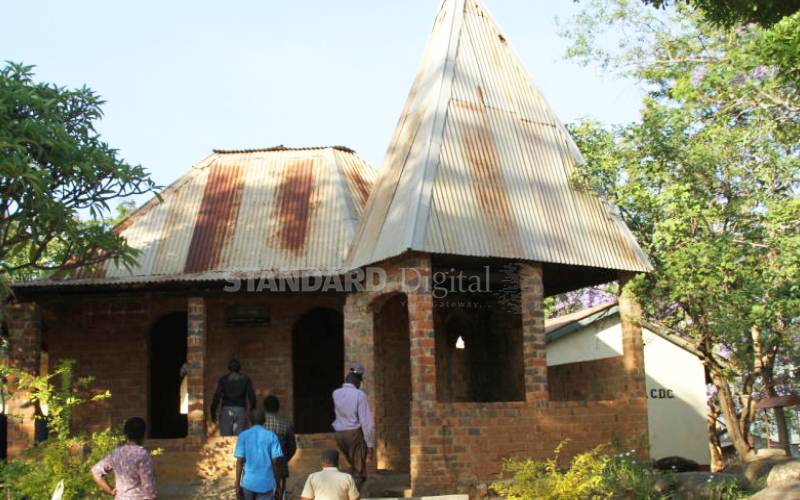×
The Standard e-Paper
Fearless, Trusted News

The first Africa Inland Mission, founded by Peter Cameron Scott, a Scottish-American missionary in 1932, in Kalamba, Makueni county, the front runner of Africa Inland Church. [David Njaaga,Standard]
Kalamba is a remote area in Makueni County laden with mangoes, oranges and other fruits. The land is productive; the neighbourhood drenched in history.